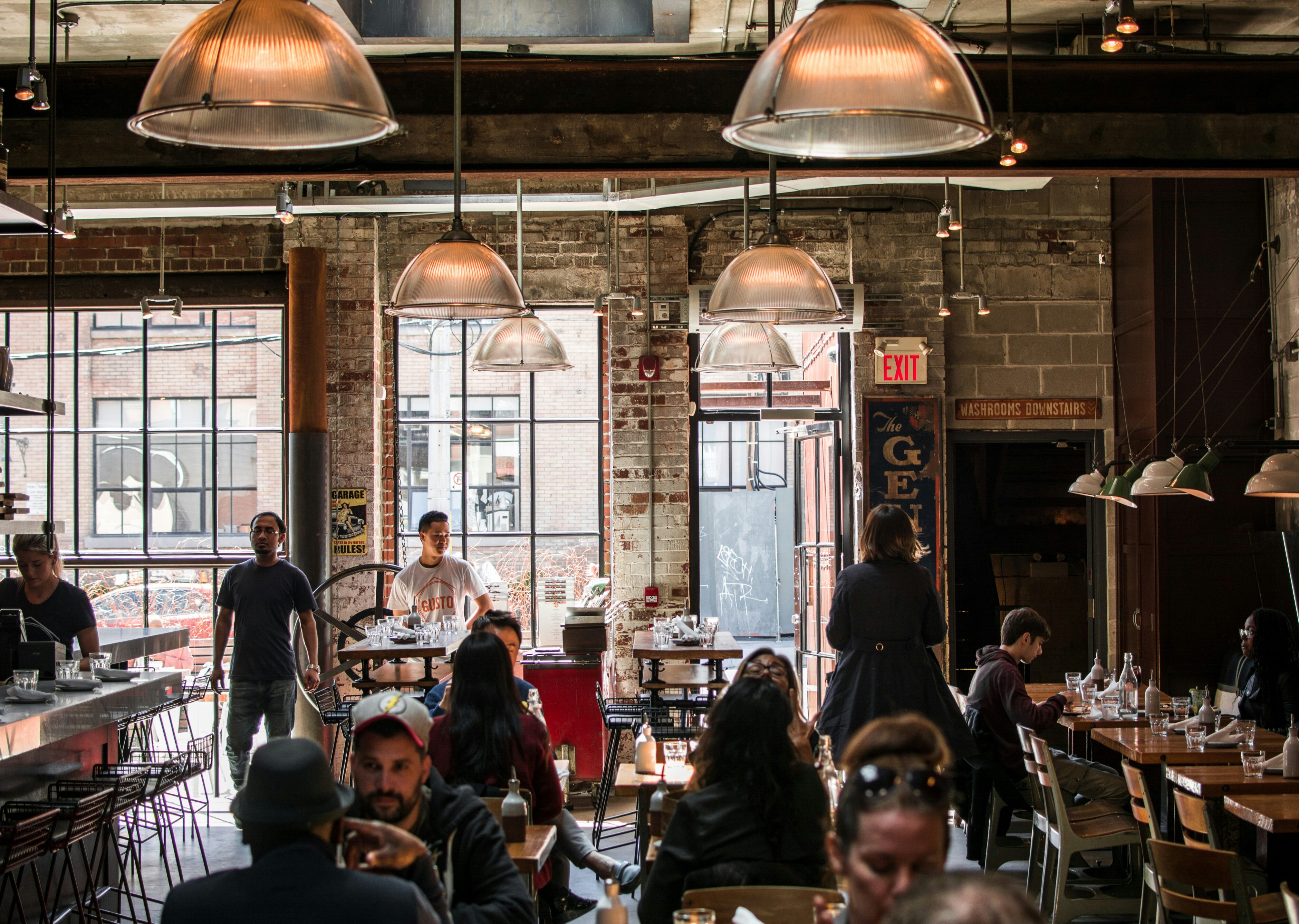It took 10 years to fix this woman’s bathroom. But her landlord is still jacking up rent.
THE GREEN LINE
ACTION JOURNEY STORY
It took 10 years to fix this woman's bathroom. But her landlord is still jacking up rent.
Tenants at 399 Markham Rd. say building management is quick to make cosmetic repairs, but slow to address issues inside their units.
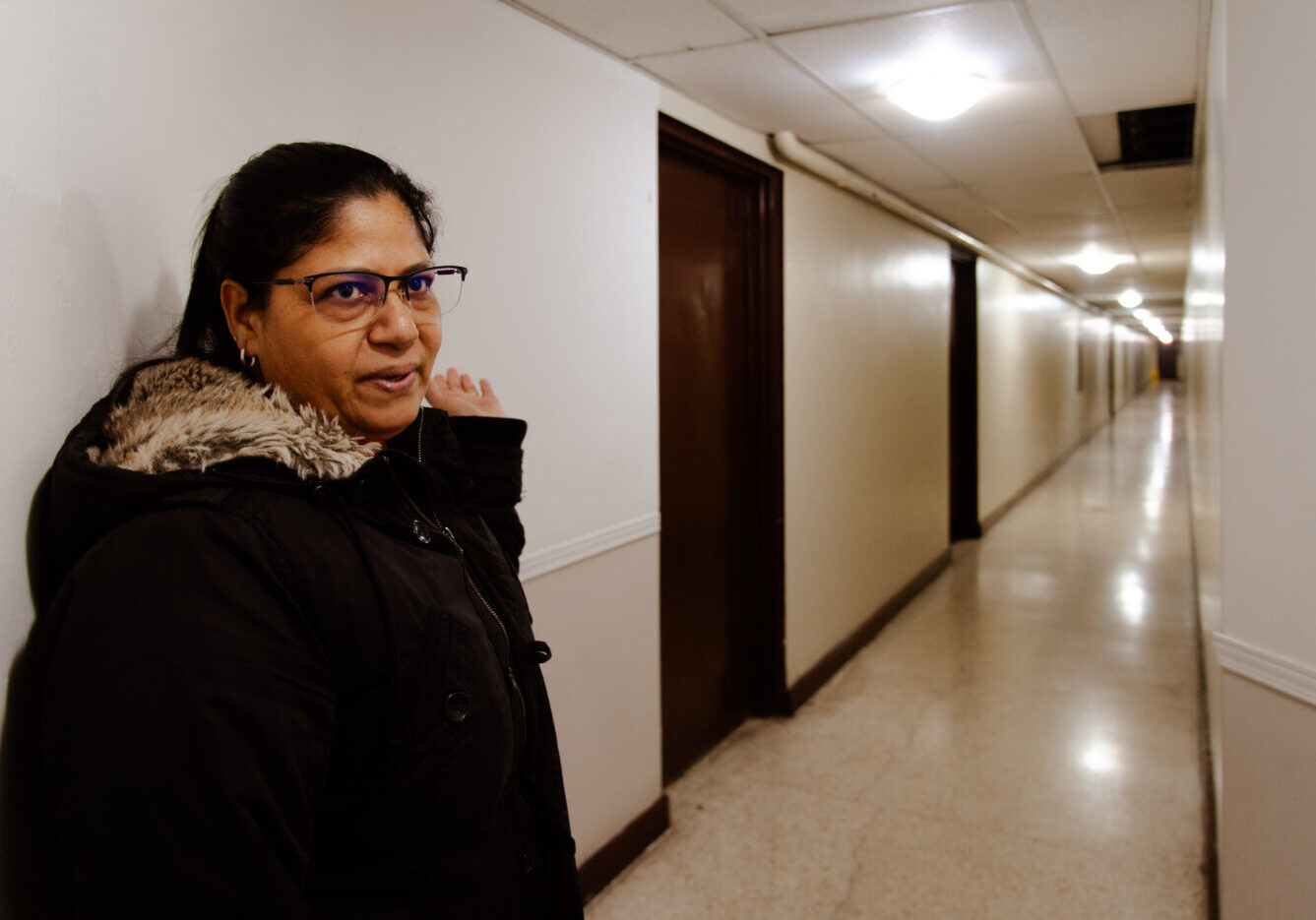
Janak Ramcharran has lived in her Scarborough apartment since 2004. She says despite filing complaints, it took 10 years for building management to fix her bathroom, which had developed leaks and a hole in the ceiling.


ALOYSIUS WONG
Toronto Metropolitan University Master of Journalism graduate. Lives in North York where he prays that the Eglinton Crosstown will eventually be completed.
March 11, 2024
This story is part of The Green Line's Action Journey on Toronto's housing crisis. Our seven-part story series examines the impossible climb towards home ownership, precarious rental situations and the pipeline from unaffordability to living on the streets.
Sign up for our storytelling event and Story Circle on March 19, 2024, where attendees will share their experiences with the city's housing market and brainstorm community-led solutions to navigate housing in Toronto. Dinner and refreshments will be provided.
It took 10 years for Janak Ramcharran to get her bathroom fixed.
The 48-year-old has been living in a two–bedroom apartment at 399 Markham Rd. in Scarborough since June 2004. Ten years ago, she filed a work order, as her bathroom ceiling began to deteriorate. Over the next five years, it worsened to the point where there were leaks and a hole in her ceiling.
Despite diligently paying her rent every month, Ramcharran says it took building management a decade to intervene. “Over the years, when I have [an] issue, they come and fix; [but] they will not 100 per cent fix everything. They will just cover up stuff.”
What’s more, management also increased her parking fees — nearly doubling them from $70 to $125 a month — and applied the hike retroactively, charging her $3,900. They also started billing her an extra $500 a year for air conditioning, even though Ramcharran says she has never used AC. (Ultimately, Scarborough Legal Services said she actually owed her landlord $100 at most.)
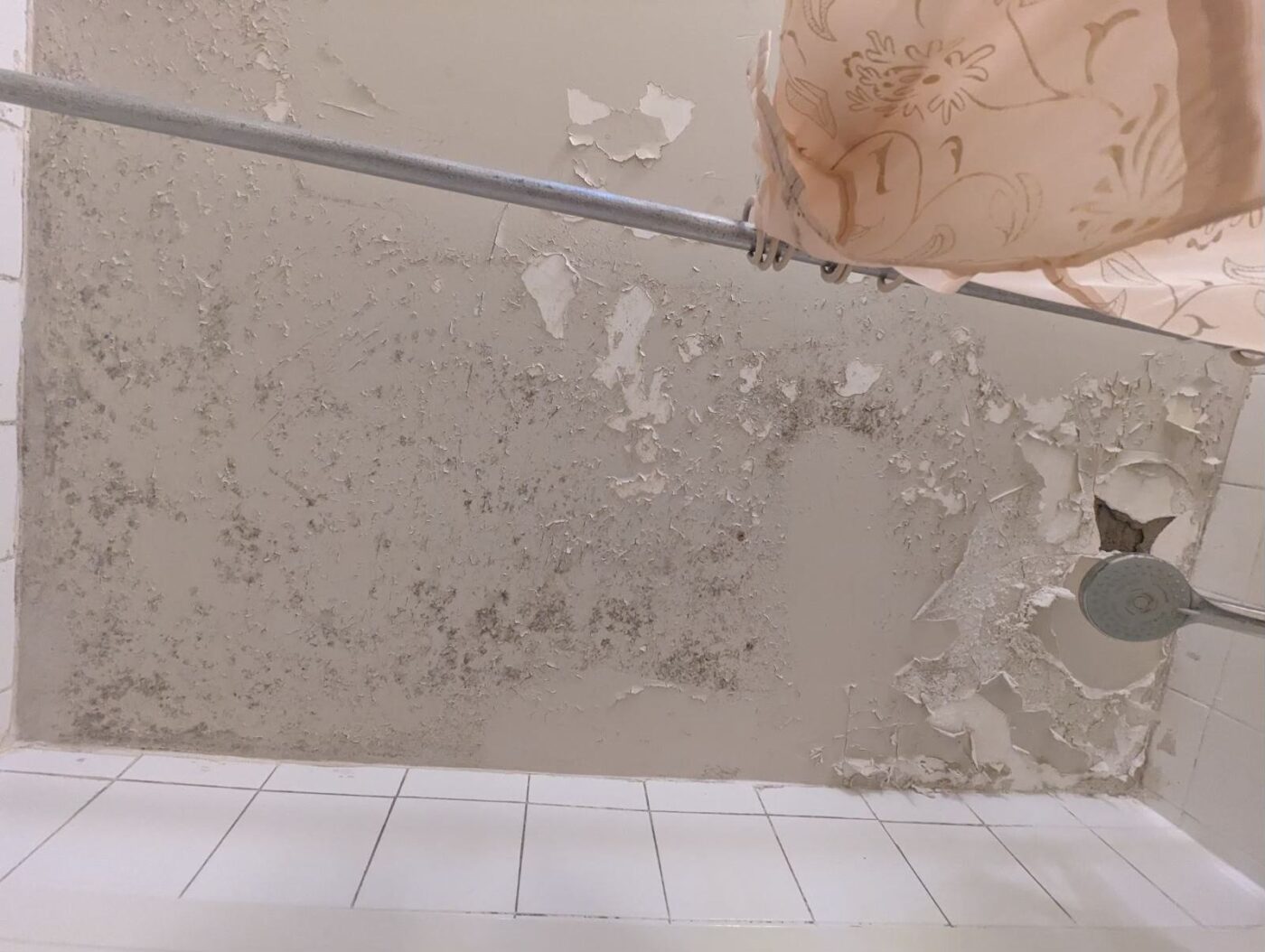
A hole developed in the ceiling in Ramcharran's washroom over the course of her tenancy.
📸: Provided by ACORN.
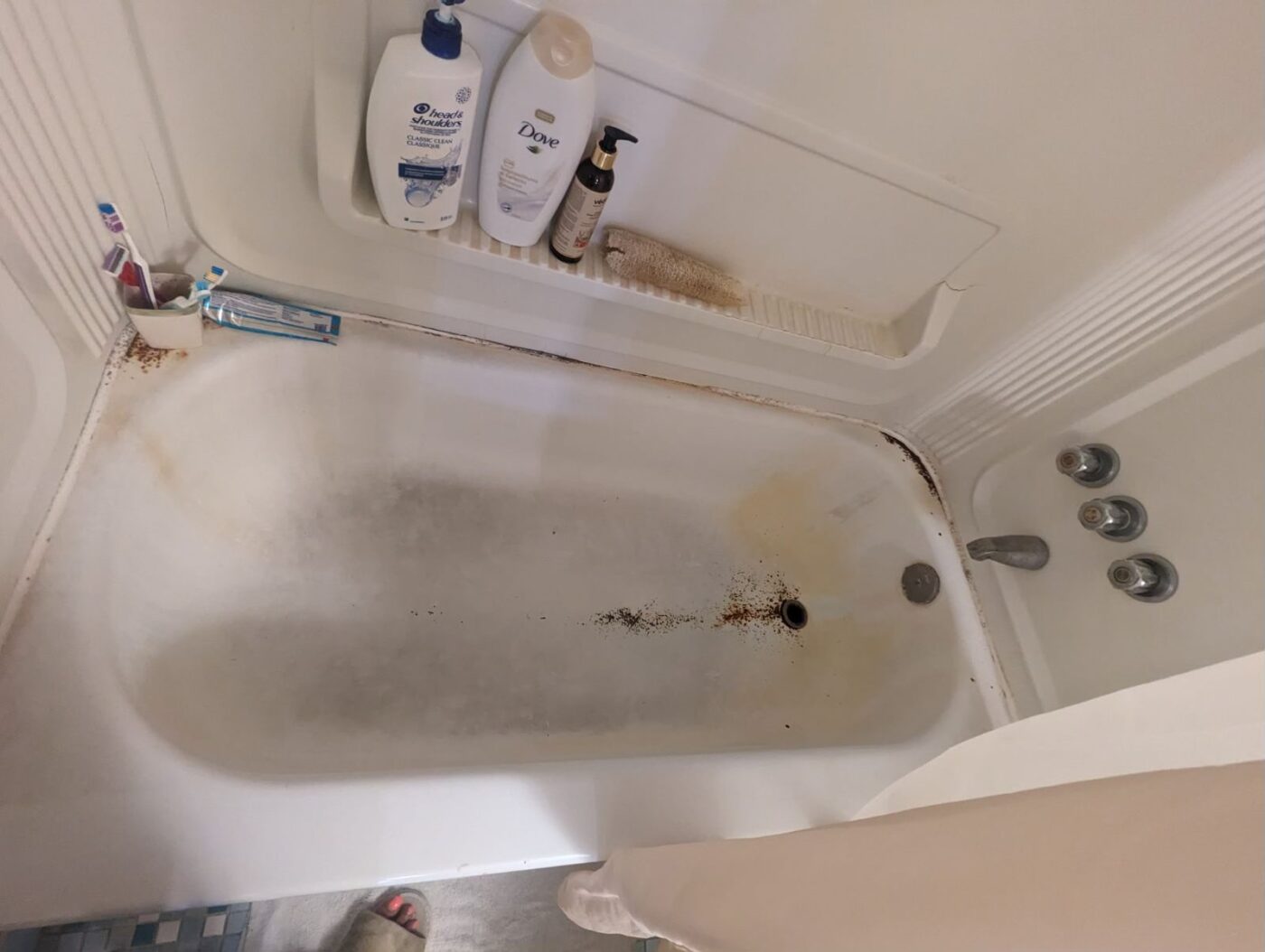
Ramcharran's bathtub before her washroom was renovated.
📸: Provided by ACORN.
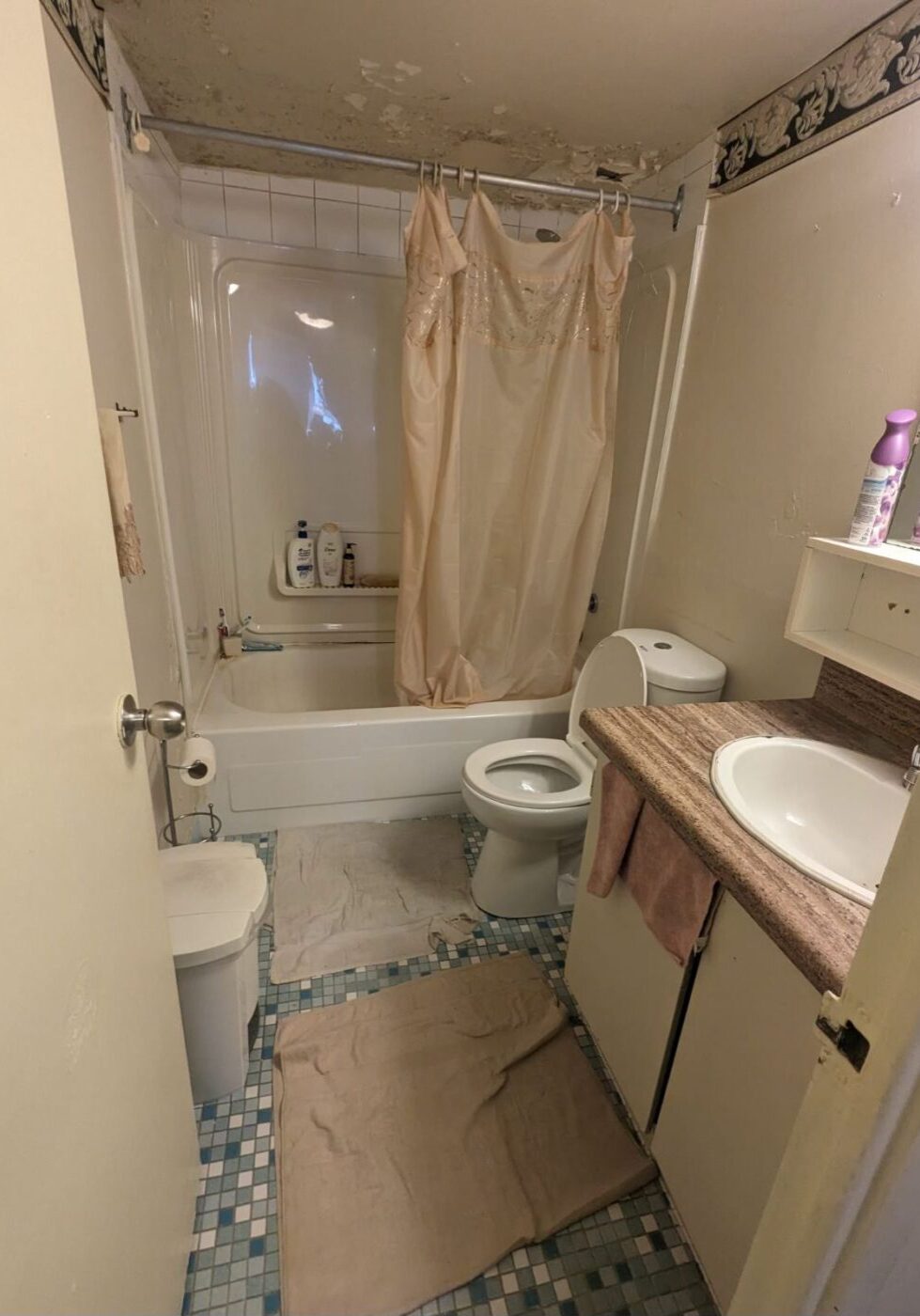
It took 10 years for building management at 399 Markham Rd. to renovate Ramcharran's washroom.

Ramcharran isn’t alone. Other tenants of the 16-storey building who spoke to The Green Line describe similar issues. Khadijah Al-Maqdisy says it took 13 years to replace her rusty stove and refrigerator. Initial visits by the City of Toronto’s 311 staff were unhelpful; one inspector, Al-Maqdisy says, blamed her for moving into the building in the first place. “It’s also insulting. You expect property standards to be on your side. But if they’re also on the rich people’s side, then who’s on the workers’ side?”
It wasn’t until last July when Ramcharran joined the Association of Community Organizations for Reform Now (ACORN), a community union of low- and moderate-income people, that she says she was finally able to get her repair requests fulfilled; this included her bathroom in September 2023 and the plastering around her balcony window and kitchen counter this past January. Al-Maqdisy, likewise, got help through ACORN and was able to advocate for new appliances and other needed maintenance.
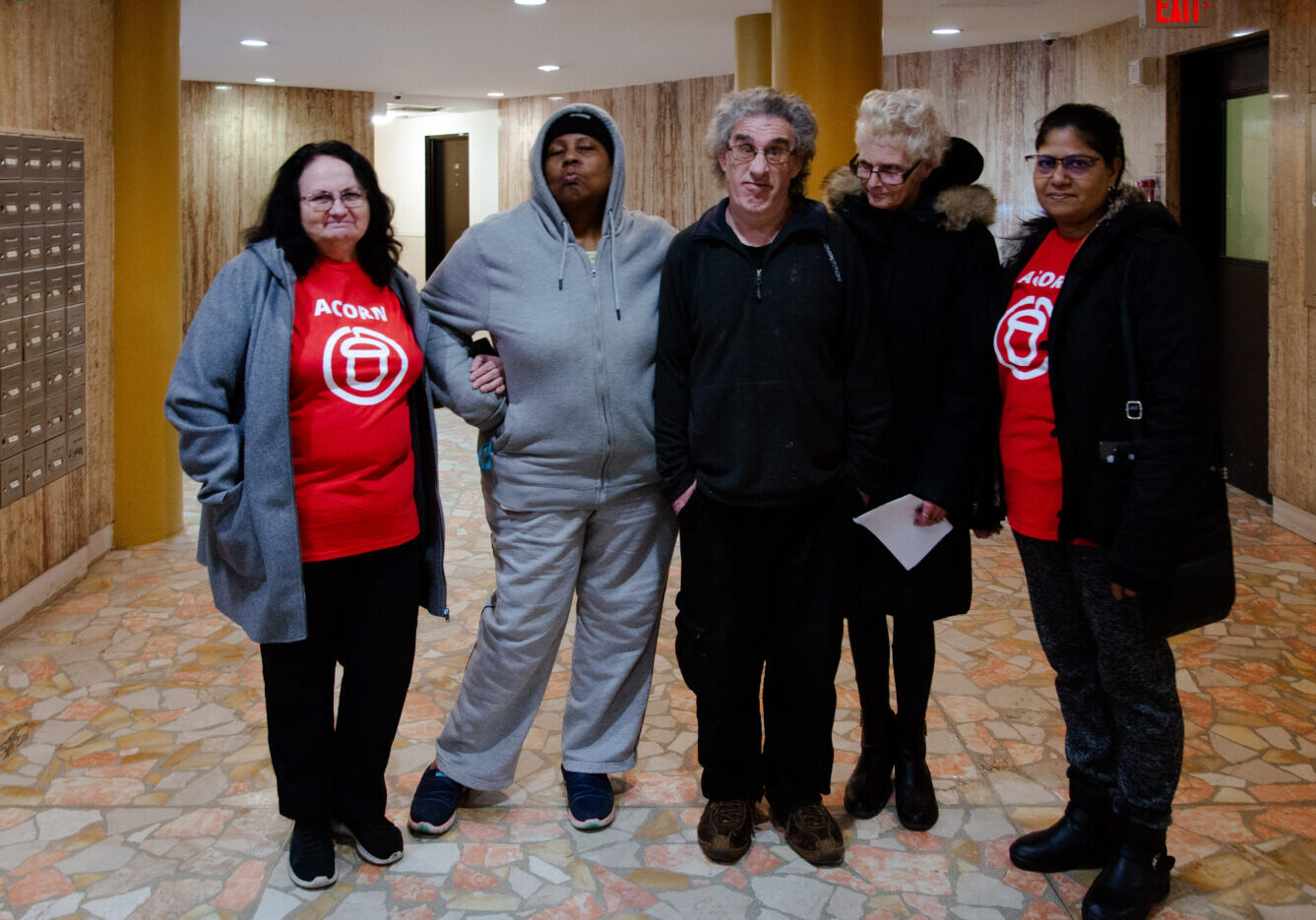
Members of the Association of Community Organizations for Reform Now (ACORN), a community union of low- and moderate-income people, gather in the lobby of 399 Markham Rd. The tenants, including Khadijah Al-Maqdisy (pictured far left) and Janak Ramcharran (pictured far right), say their landlord is raising rents even when essential repairs aren't being done.

But even now, Ramcharran’s unit is far from perfectly maintained. She showed The Green Line how she still needs to place a towel on the ground whenever she showers to soak up water that appears to accumulate from a leaking pipe. The ageing doors to her kitchen cupboards are also at risk of falling off, and there’s exposed foam insulation from when new windows were installed.
There are issues with the building’s public areas, too. For example, in the parking lot, tenants pointed out a garage door that doesn’t close, deteriorating vehicles without license plates, leaking pipes and overflowing drainage.
Despite these maintenance concerns, tenants of the corporate-owned apartment building at 399 Markham faced a 5.2 per cent rent hike last fall due to an above-guideline increase (AGI) — more than double the provincially mandated guideline at 2.5 per cent.
For an AGI to be approved, landlords must demonstrate that there’s been a significant increase in municipal taxes or operating costs, or that additional funds are required to offset significant repairs or renovations. Ramcharran’s landlord told her it needed the money to fix the building’s exterior, but she believes this is unfair.
“Yes, they put in new windows,” Ramcharran says. “That's not my problem. This is your building. You're fixing it.”
Golden Equity Properties, the building’s owner, did not respond to The Green Line’s multiple requests for comment.
Ramcharran expressed frustration at how management seems to be eager to improve the building’s public-facing appearance to attract new tenants, but painfully slow to act on maintenance requests from existing tenants.
“I am paying you the money, so you can maintain my apartment — whatever needs to be fixed when the time comes,” she explains. “Why do I have to pay you more for what you're spending outside in the building when you're not fixing my apartment?”
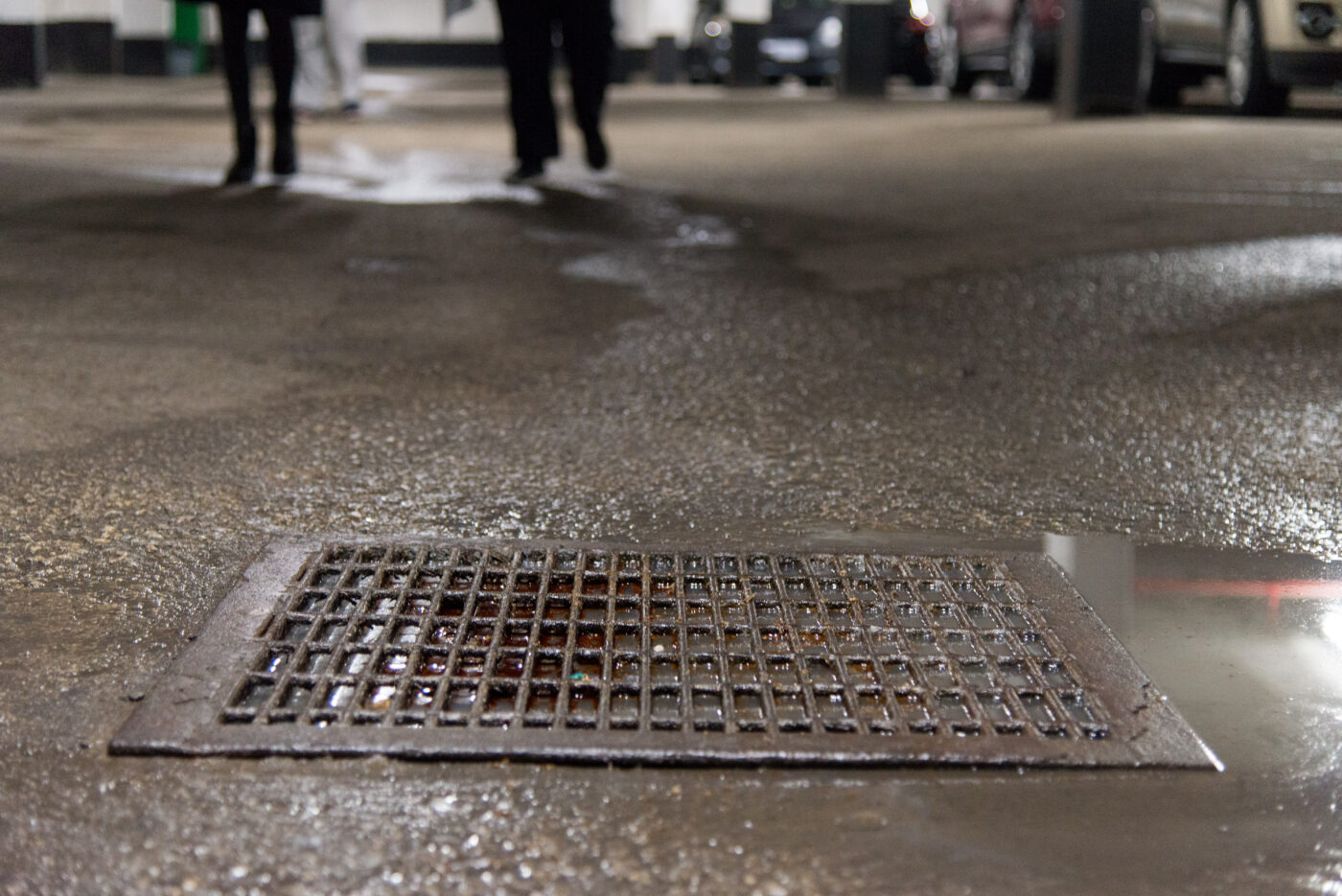
Residents at 399 Markham Rd. say this grate has clogged and frozen over.

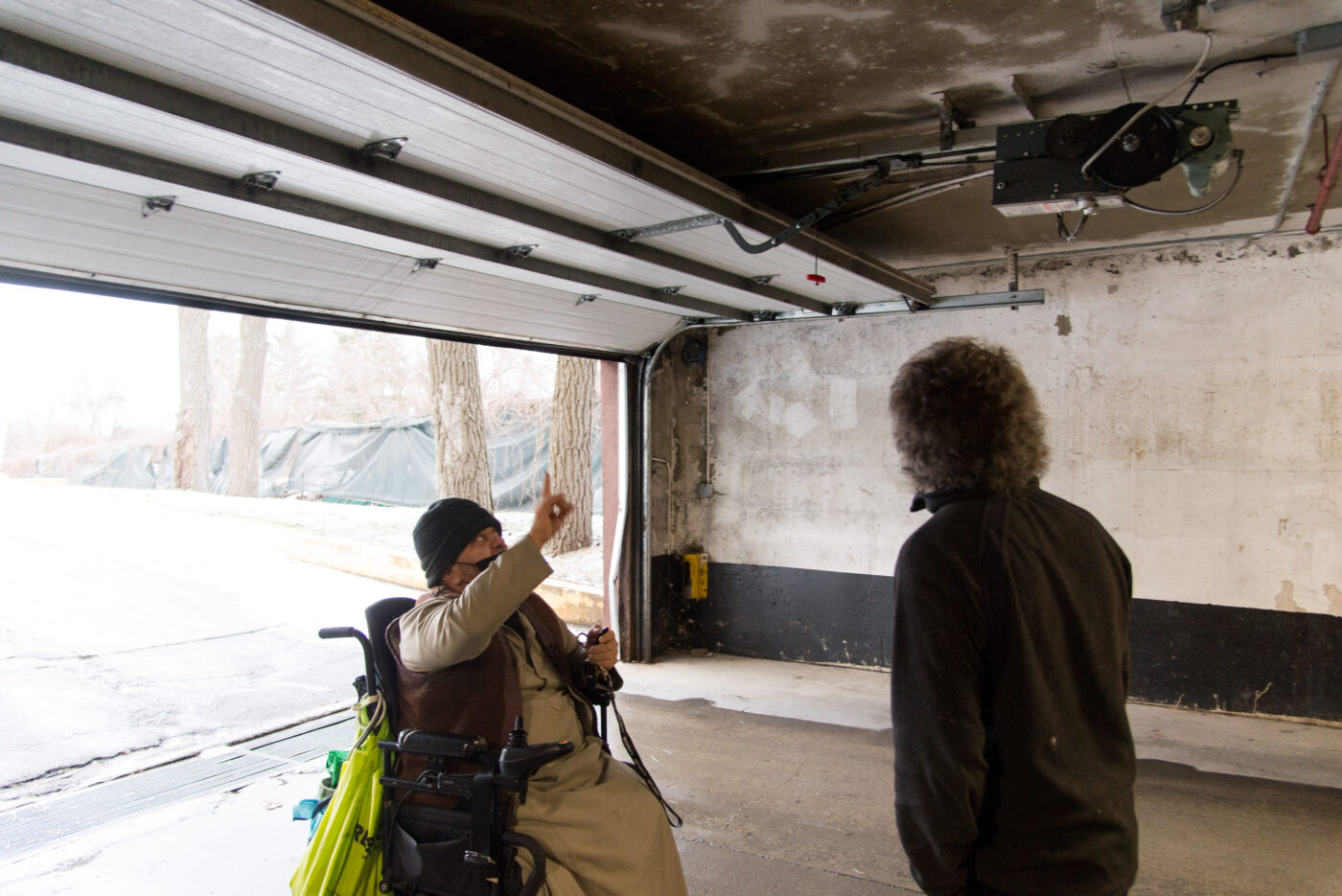
Tenants describe how the door to their building's garage does not close, posing a security risk.

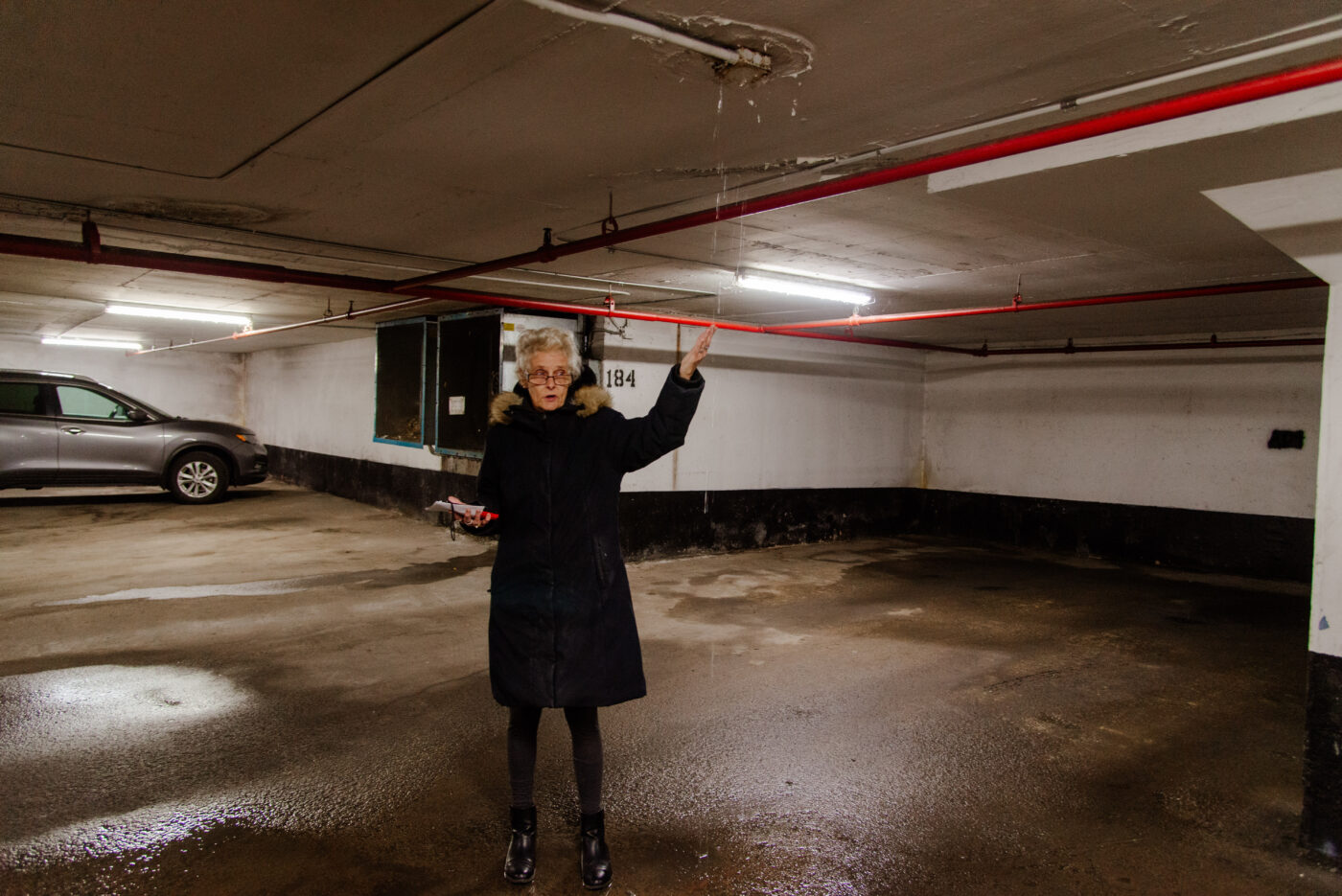
An elderly tenant shows a leaking pipe in the garage of 399 Markham Rd.

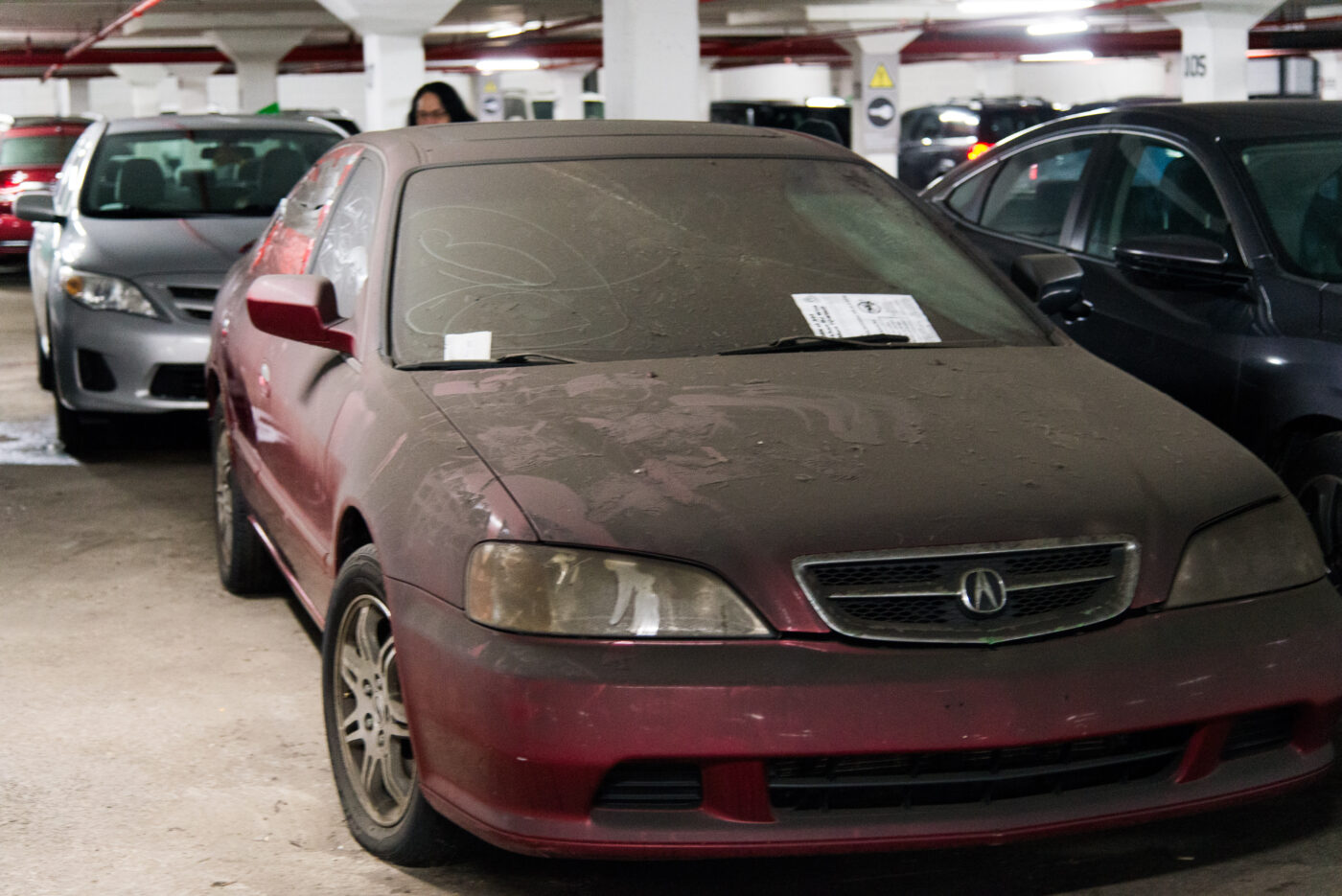
This red Acura without a license plate has been collecting dust in the garage of 399 Markham Rd., tenants say.
📸: Aloysius Wong/The Green Line.
LIVING ON THE EDGE
All of this is underscored by a citywide cost-of-living crisis.
From groceries to gas, essential goods and services cost more for everyone these days. Between January 2018 and January 2024, inflation rose by approximately 20 per cent nationally. For the most vulnerable, this means each additional dollar towards rent is a dollar taken away from food or other utilities.
So to make ends meet, Torontonians like Ramcharran work two jobs — in her case, a full-time and a part-time job as a personal support worker.
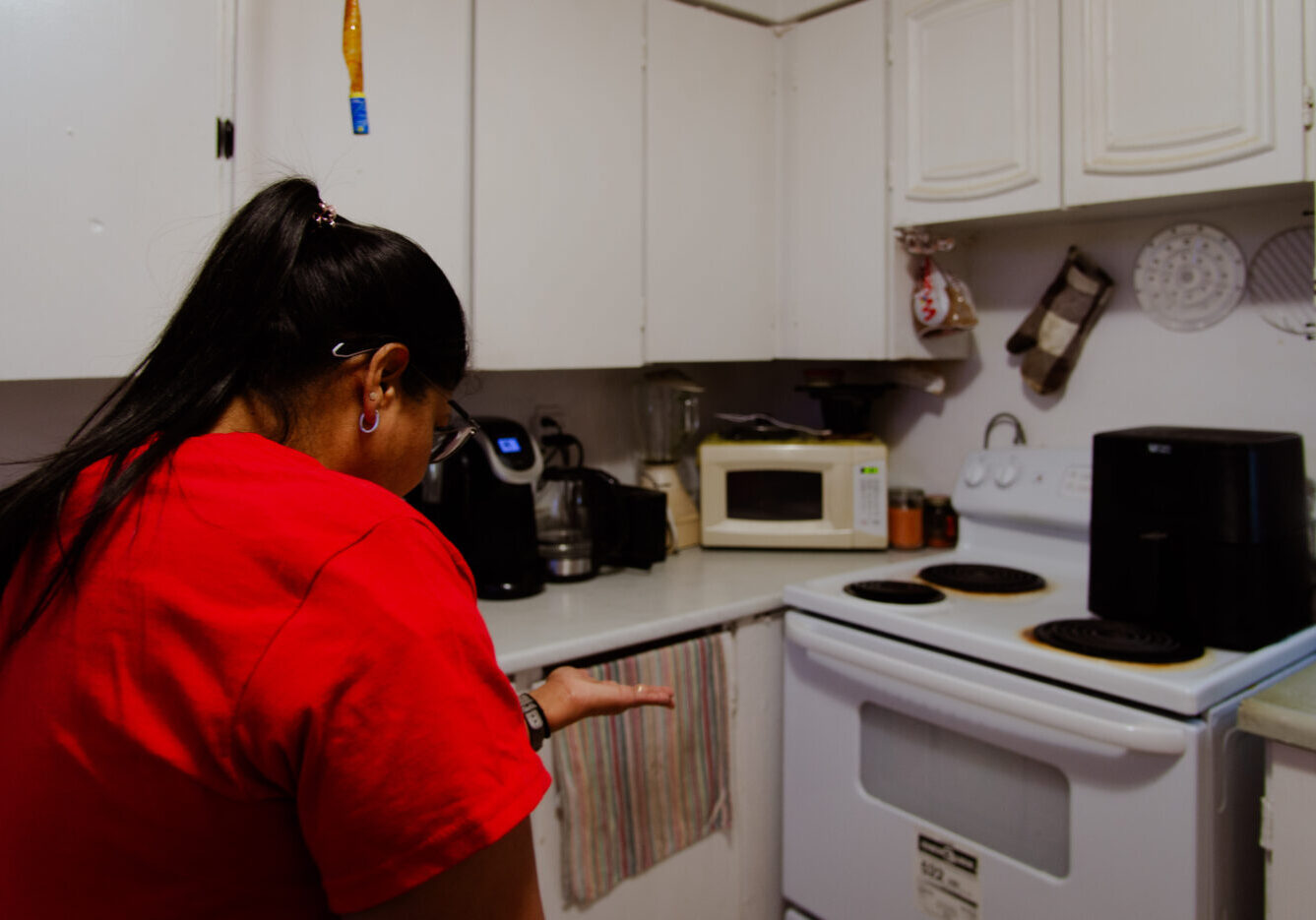
Despite living in her rent-controlled apartment since 2004, Ramcharran works two jobs as a personal support worker to make ends meet.

“I don't have one day’s rest for me to stay home,” she explains. “I called in sick from both workplaces one day just to clean my house, just to tidy a little.”
As exhausting as it is, Ramcharran feels she doesn’t have much choice. “The days I'm off, I should be resting, not going to look for another job to have another income to support me when they are raising the rent.”
Next in The Green Line Housing Crisis Action Journey Story Series: Why Toronto is in a housing 'state of emergency' — and who's affected the most
Fact-Check Yourself
Sources and
further reading
Don't take our word for it —
check our sources for yourself.
